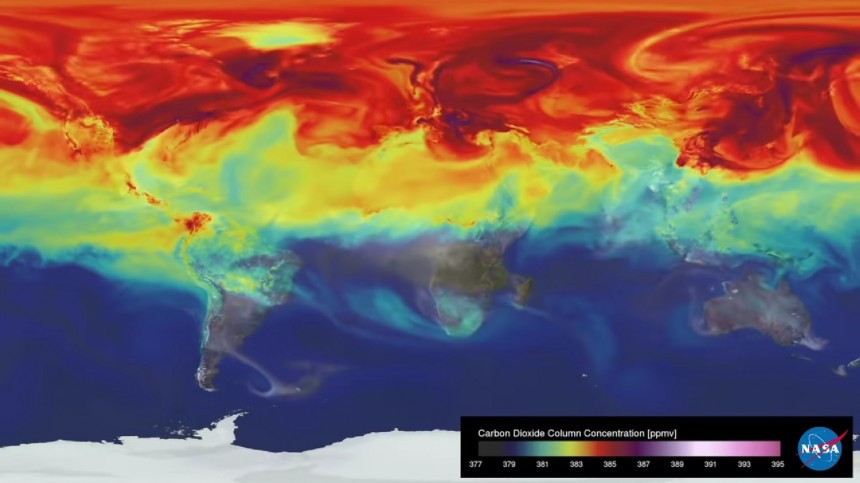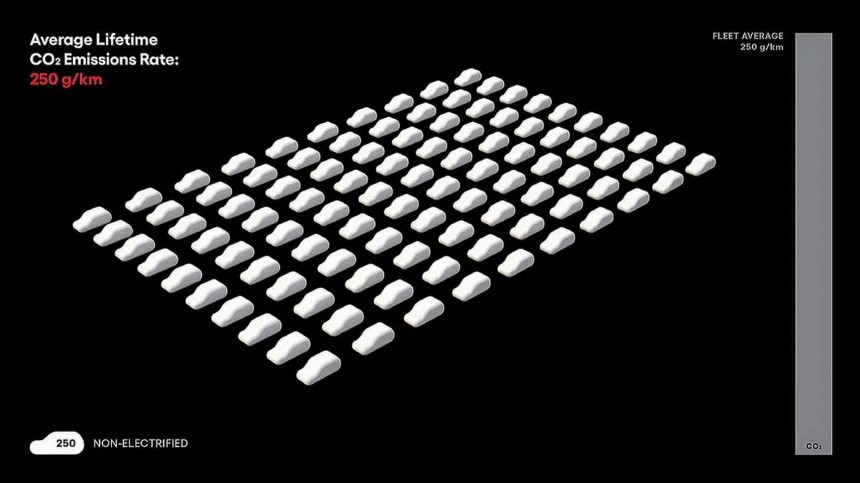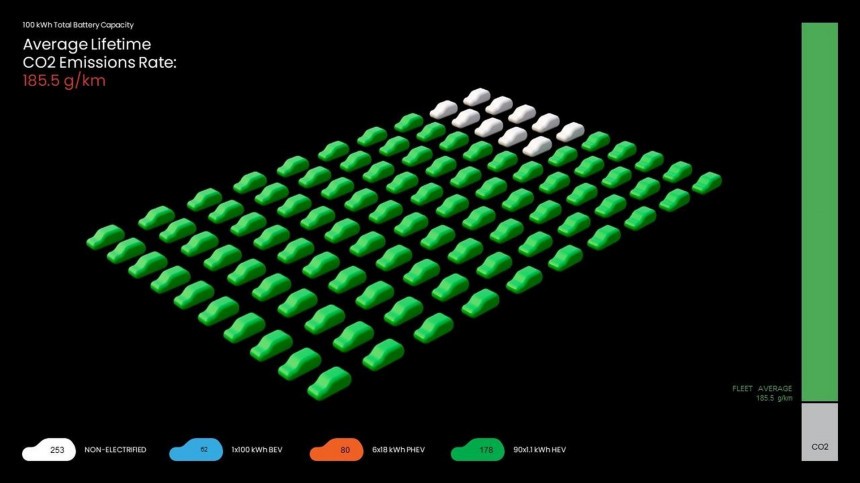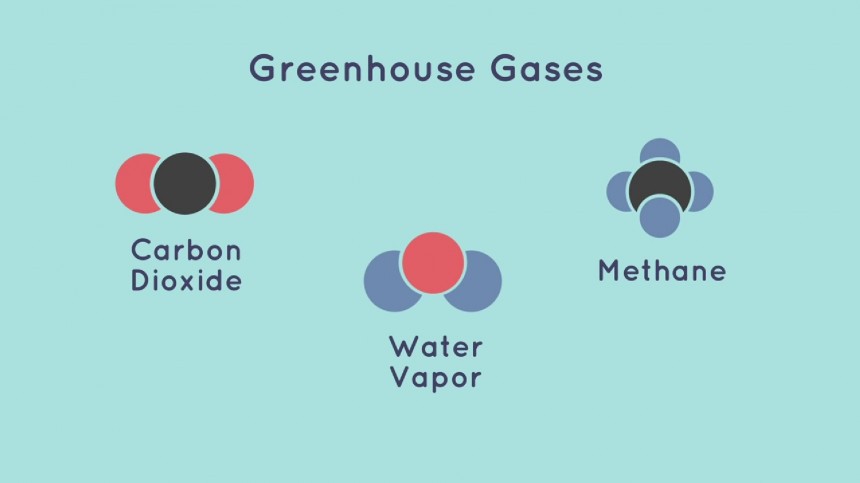After Germany and Italy decided to back off from the deal to ban combustion engines in Europe by 2035, several takes about their decision emerged. They show how shallow the discussion to get rid of these machines is. Some people think that it is an environmental catastrophe that will kill the planet due to climate change. Others state the oil industry did this to keep selling fossil fuels. None of that is true or even close to what is happening.
Every oil company is now pretty aware that their businesses are doomed as they are. Oil reserves will not last forever, and the world now wants them to remain exactly where they are: under the ground. Selling oil is like selling cigarettes: most people do not like your business. It has a nasty reputation. This is why these enterprises are now rebranding themselves as energy providers, regardless of the form this energy adopts. Most are investing in wind and solar to present themselves in a better light or just to prepare for a future in which oil is dead.
Check what Aramco recently did as a good example. It announced on March 6 that it would help Geely and Renault develop a “low-emission” powertrain technology. When you get into the details, you can see that it is not focusing on making more efficient combustion engines to keep burning Saudi Arabia’s main asset. Aramco is officially involved with developing synthetic fuels and plug-in hybrid solutions.
The reasoning behind the idea is simple: even Aramco knows batteries are necessary for the future of personal transportation. The deal is defining how big these battery packs will be and how we are going to make them. If we are to engage in mining, we may be swapping six for half a dozen. In other words, trading one environmental concern for another one – maybe even worse.
Gill Pratt gave a compelling example of what that means at the World Economic Forum in Davos. Toyota’s chief scientist made a simple comparison using 100 kWh in lithium-ion cells and a fleet of one hundred cars. He also considered carbon emissions for combustion-engined vehicles in that fleet to be 250 g/km, hybrids to emit 200 g/km, and EVs to present zero emissions.
If you decide to make a battery pack with 100 kWh, you end up with one EV and 99 ICE cars, which results in an average carbon emission of 247.5 g/km. If you make smaller battery packs of 1.1 kWh, that is enough to have 90 hybrid vehicles and only 10 cars powered solely by fuel. The emission of such a fleet would be 205 g/km.
In other words, what Pratt said was that the finite battery resources we have would be better employed to make all cars emit less. The alternative is to have fewer units that do not emit anything other than particulates. If the purpose is to cut carbon emissions, it is clear which option really makes a difference: the hybrid fleet reduces emissions by 18%. That one with a single EV reduces them by 1%. How many people took that sensible alert seriously?
Increasing the number of batteries available will take time. Opening new mines is something that demands years, if not decades, to happen. A ternary battery does not count only on lithium: it also needs cobalt, nickel, and manganese. If all cars suddenly have to be electric, the limited offer of raw materials will get even worse, and prices will skyrocket. Those concerned with EV prices nowadays have seen nothing compared to what can happen if people have no other options to purchase. And this is what will happen if governments manage to ban the sales of combustion engines. Sadly, the reason for such a ban has a deep root in a lot of ignorance.
Most people fail to understand that the greenhouse effect is not a danger: it is the very phenomenon that made life possible on this planet. It is thanks to the greenhouse effect that Earth can sustain warm temperatures. It is because of it that things do not burn where the sunlight strikes, and everything that is on the other side does not freeze. The problem is increasing the amount of gases that create that phenomenon. Methane and carbon dioxide are among them.
When you burn fossil fuels, you put back in the atmosphere carbon that was stored under the ground for millions of years, increasing the volume of carbon dioxide and other greenhouse gases (GHG). Synthetic and renewable fuels extract the carbon they need from the air, meaning they keep the carbon balance and are carbon neutral. This is so elementary that any story that ignores this will come to the wrong conclusions. Yet, I keep reading things that say synthetic and renewable fuels are not carbon neutral.
That would only be forgivable if these reports considered the fossil fuels used to transport the crops that will become fuel or power the machines that will make synthetic fuel. Ironically, BEV advocates prefer not to think about the fossil fuels that are employed to produce and transport batteries as well. Currently, most heavy transport means depend on fossil fuels. How will we solve that? With batteries? Good luck finding enough raw materials for all that.
Things get worse when you realize cars are not among the main carbon emitters. I have already written this, and I fear I will have to do so many more times: according to the Intergovernmental Panel on Climate Change (IPCC), transportation is responsible for only 14% of man-made GHG (greenhouse gases).
As you may imagine, passenger cars account for only a fraction of the transportation segment, which means they also emit much less than 14% of GHG. Anyone claiming to save the world by promoting EVs is either ill-informed or has second intentions by knowingly signaling false virtues.
So there you have it: cars emit way less carbon than people say they do, batteries are way more complex to adopt than regulators make them seem, oil companies now want to sell anything but oil, and combustion engines may still play a role in passenger vehicles. This last topic is something I’ll write about in my following ICE ban series text.
Check what Aramco recently did as a good example. It announced on March 6 that it would help Geely and Renault develop a “low-emission” powertrain technology. When you get into the details, you can see that it is not focusing on making more efficient combustion engines to keep burning Saudi Arabia’s main asset. Aramco is officially involved with developing synthetic fuels and plug-in hybrid solutions.
Gill Pratt gave a compelling example of what that means at the World Economic Forum in Davos. Toyota’s chief scientist made a simple comparison using 100 kWh in lithium-ion cells and a fleet of one hundred cars. He also considered carbon emissions for combustion-engined vehicles in that fleet to be 250 g/km, hybrids to emit 200 g/km, and EVs to present zero emissions.
In other words, what Pratt said was that the finite battery resources we have would be better employed to make all cars emit less. The alternative is to have fewer units that do not emit anything other than particulates. If the purpose is to cut carbon emissions, it is clear which option really makes a difference: the hybrid fleet reduces emissions by 18%. That one with a single EV reduces them by 1%. How many people took that sensible alert seriously?
Most people fail to understand that the greenhouse effect is not a danger: it is the very phenomenon that made life possible on this planet. It is thanks to the greenhouse effect that Earth can sustain warm temperatures. It is because of it that things do not burn where the sunlight strikes, and everything that is on the other side does not freeze. The problem is increasing the amount of gases that create that phenomenon. Methane and carbon dioxide are among them.
That would only be forgivable if these reports considered the fossil fuels used to transport the crops that will become fuel or power the machines that will make synthetic fuel. Ironically, BEV advocates prefer not to think about the fossil fuels that are employed to produce and transport batteries as well. Currently, most heavy transport means depend on fossil fuels. How will we solve that? With batteries? Good luck finding enough raw materials for all that.
As you may imagine, passenger cars account for only a fraction of the transportation segment, which means they also emit much less than 14% of GHG. Anyone claiming to save the world by promoting EVs is either ill-informed or has second intentions by knowingly signaling false virtues.
So there you have it: cars emit way less carbon than people say they do, batteries are way more complex to adopt than regulators make them seem, oil companies now want to sell anything but oil, and combustion engines may still play a role in passenger vehicles. This last topic is something I’ll write about in my following ICE ban series text.



















